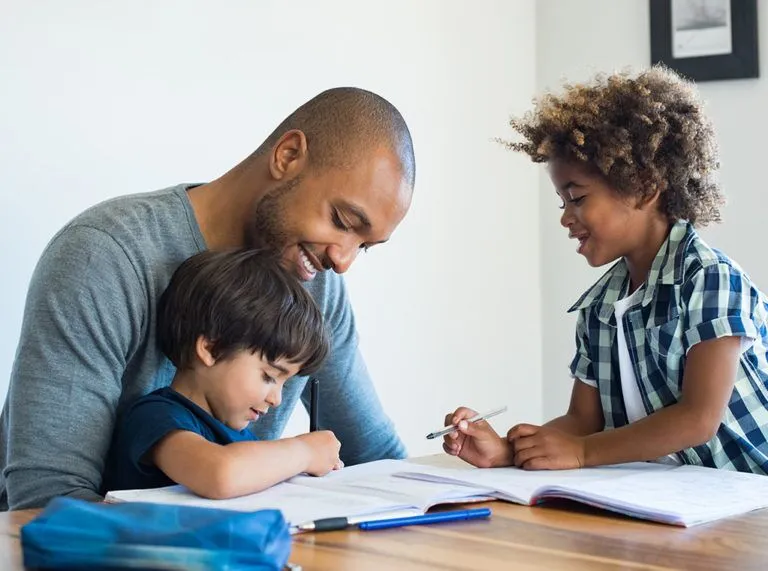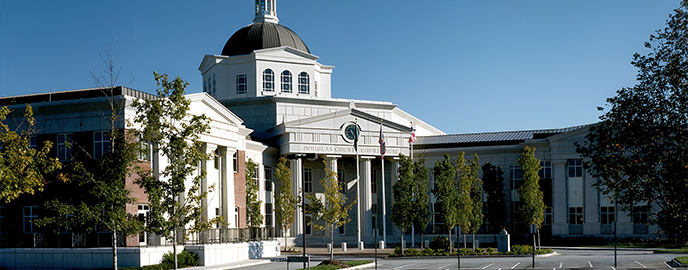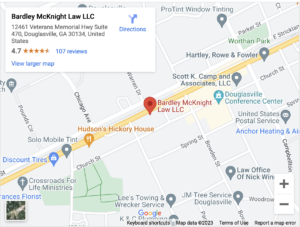
Child custody is one of the most contentious matters couples fight about in family court. Questions and disputes regarding custody arise in divorce, paternity, and grandparent rights cases, among other matters.
The court can order joint or sole custody. Joint custody gives parents an equal say in their child’s life. Courts order sole custody when a parent is unfit or should not have custody for another reason.
Two types of custody are awarded to parents in Georgia: legal custody and physical custody. Understanding the difference between the two can help you prepare your child custody case.
Legal Custody in Georgia
A parent with legal custody has the right to make decisions for their children. The parent can decide matters related to the child’s healthcare, education, and religious upbringing. They decide what extracurricular activities their child can participate in and what friends they can visit.
In many cases, parents share legal custody. Unless the court finds it is not in a child’s best interest, it is believed that children benefit from having both parents play an active role in their upbringing.
Therefore, parents need to work together to make decisions for their children. When parents cannot work together, the court might find it is in the child’s best interest to grant sole legal custody to one parent. If that occurs, the parent with sole legal custody makes all decisions for the children without asking the other parent for input.
Physical Custody in Georgia
Physical custody determines where a child lives. The parent with physical custody is responsible for caring for the child on a day-to-day basis. They need to ensure that the child’s basic needs are met, including food, shelter, clothing, safety, and hygiene.
Parents can share joint physical custody. They can split the week equally so that the child spends equal time with each parent. However, going back and forth between houses every few nights can be disruptive.
Therefore, even if parents share joint custody, the child lives primarily with one parent. That parent is referred to as the custodial parent. Living in one home and having regular visitation with the other parent provides stability and continuity for the child.
However, as with legal custody, a judge may grant sole physical custody if they find it is in the child’s best interest. The court may also restrict or deny visitation or order supervised visitation. Usually, limiting or denying visitation occurs in cases involving child abuse, substance abuse, or other situations that would be detrimental to the child.
What Are the Best Interests of a Child in a Custody Case in Douglasville, GA?
Judges must decide what is in a child’s best interest when awarding custody. Even if the parents propose a parenting plan and timeshare agreement, the judge can modify the terms if they believe the agreement is not in the child’s best interest.
A judge considers many factors when deciding what would be in the best interests of the child.
Those factors include:
- The relationship between the child and each parent
- A parent’s history of substance abuse, domestic violence, or criminal convictions
- Each parent’s ability to provide their children with a stable, safe environment
- A parent’s desire to continue a close relationship with their child
- A child’s reasonable preferences for custody if they are at least 14 years old
- The physical and mental health of each parent
- The child’s relationship with their siblings and other relatives
- A parent’s willingness to foster a relationship between their child and the other parent
- A parent’s knowledge of their child’s social, educational, and medical needs
Judges can consider any factor they deem relevant to deciding the child’s best interest. A judge may also appoint a Guardian ad Litem (GAL).
The GAL speaks for the child in a custody case. Their job is to investigate the situation. A GAL may interview the child and the parents, as well as teachers, coaches, family members, and others with information about the child.
A Guardian ad Litem prepares a report for the court detailing the investigation findings. The GAL may also make recommendations to the court. The judge determines whether to use any of the GAL’s recommendations. Do you have questions about legal and physical custody in Georgia? If so, contact a Douglasville child custody lawyer for a confidential consultation.
Contact the Georgia Child Custody Lawyers of Bardley McKnight Law Divorce Lawyers for Help Today
For more information, please contact Bardley McKnight Law Divorce Lawyers to schedule a confidential consultation with a child custody lawyer in Douglasville today.
We proudly serve Douglas County and its surrounding areas:
Law Firm of Bardley McKnight Law Divorce Lawyers Offices
12461 Veterans Memorial Hwy, Suite 470
Douglasville, GA 30134
(470) 308-5409

